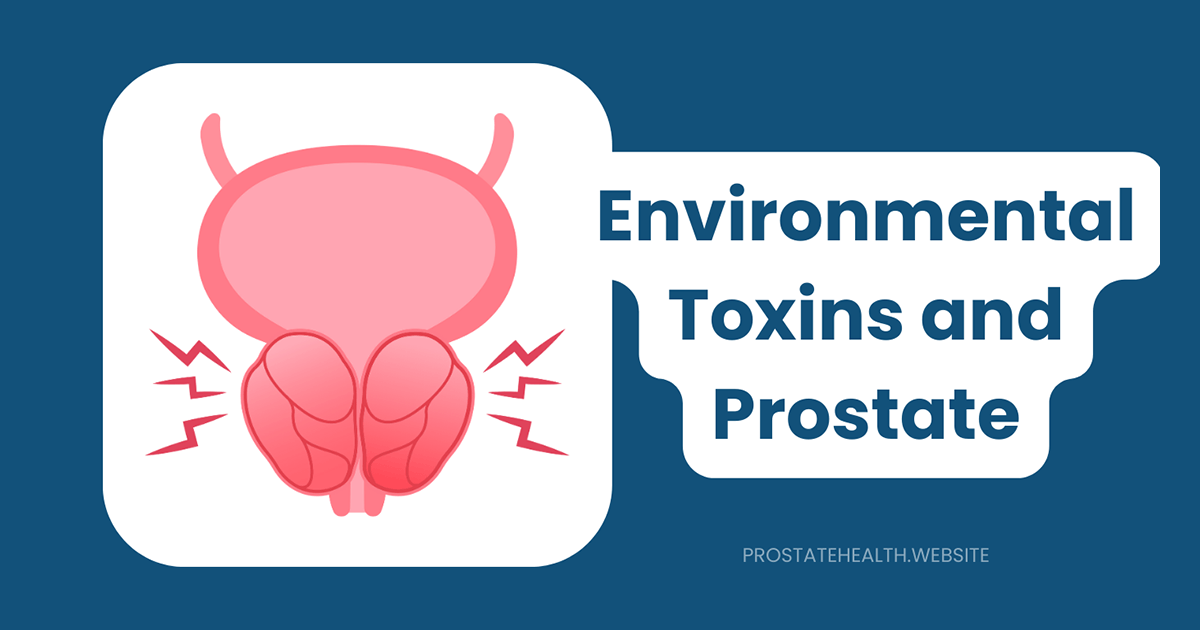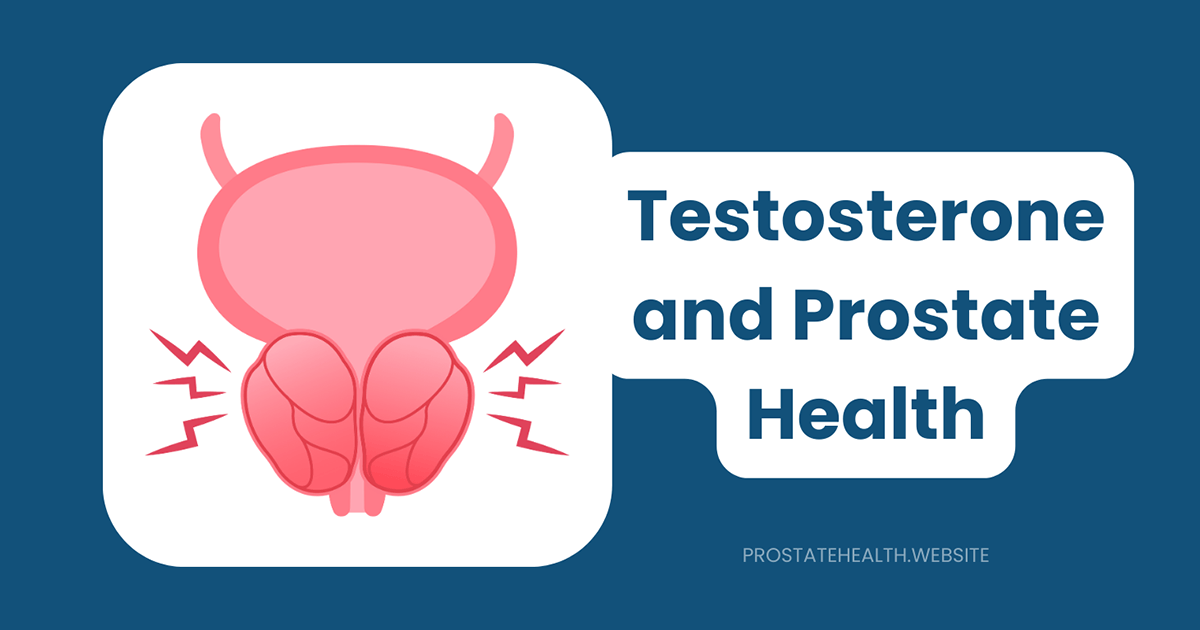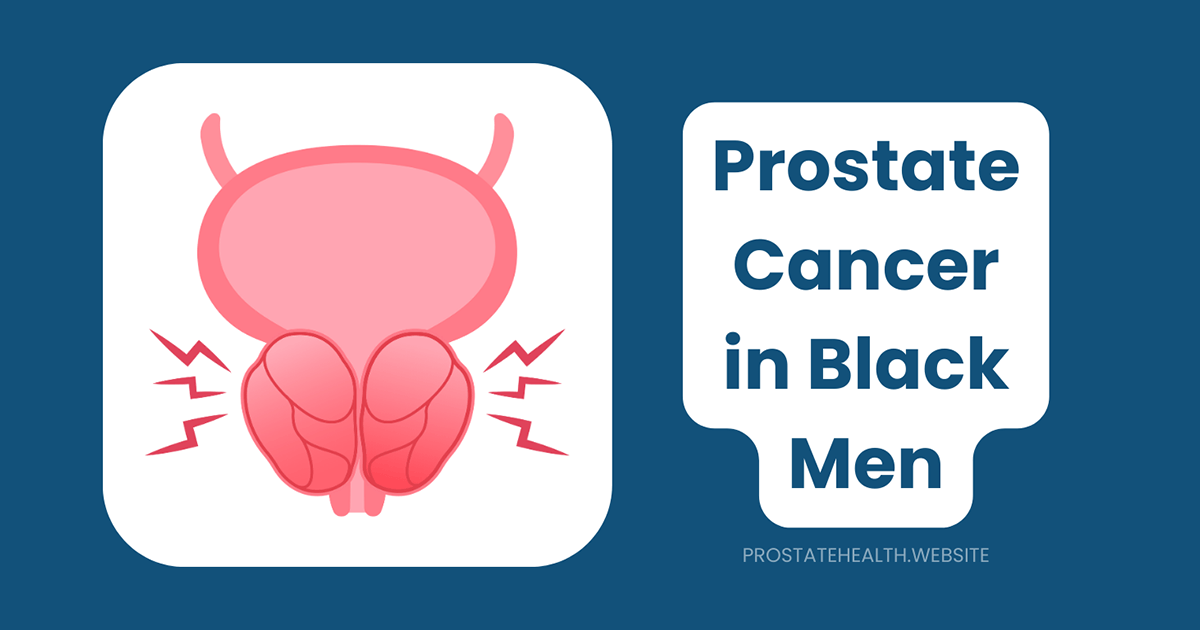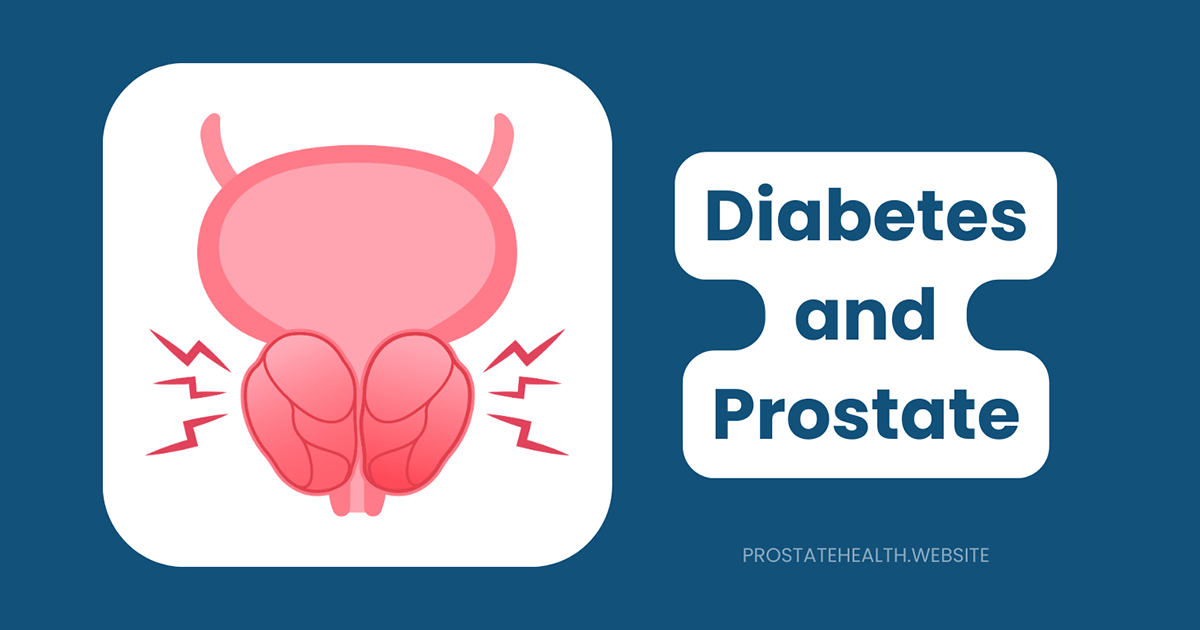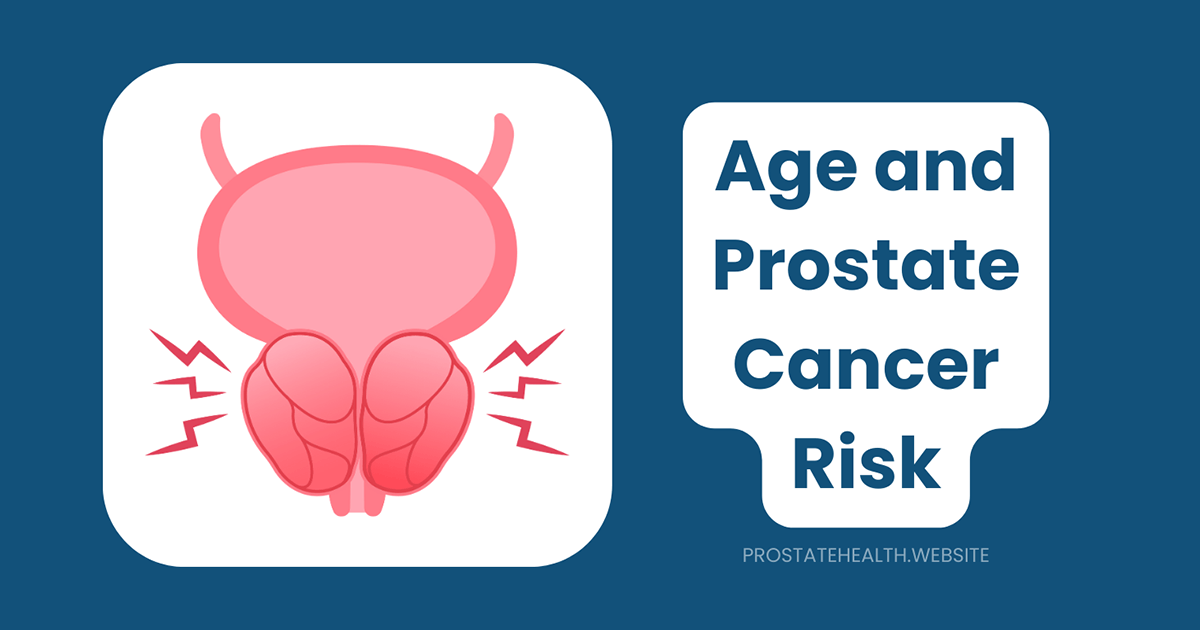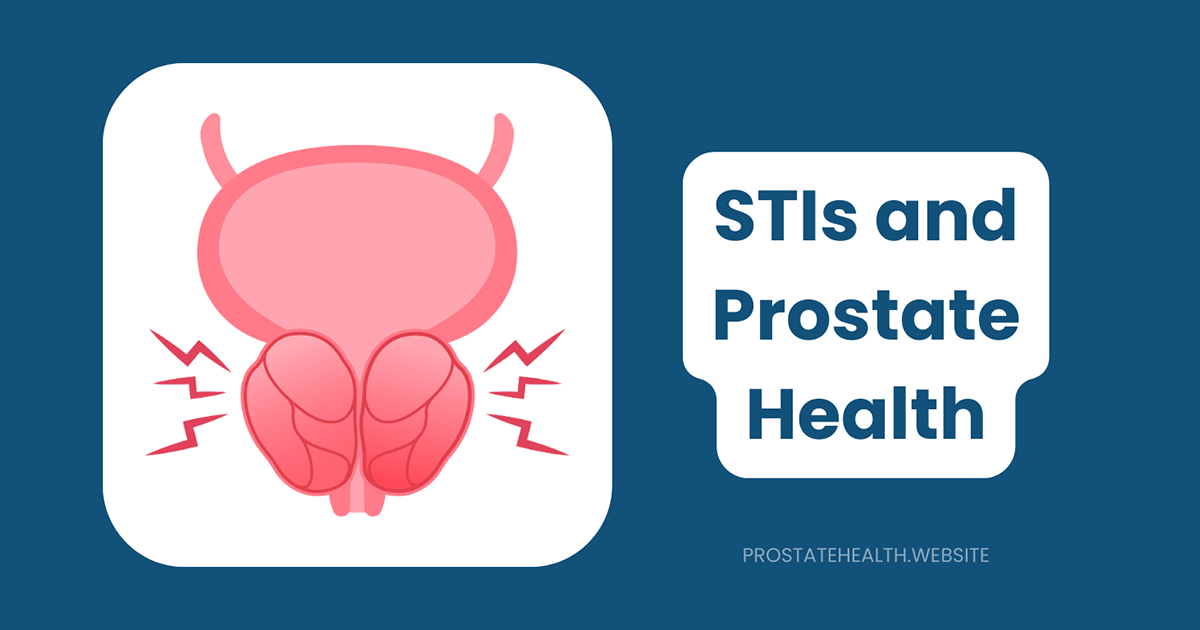How Obesity Impacts Prostate Health and Cancer Risk
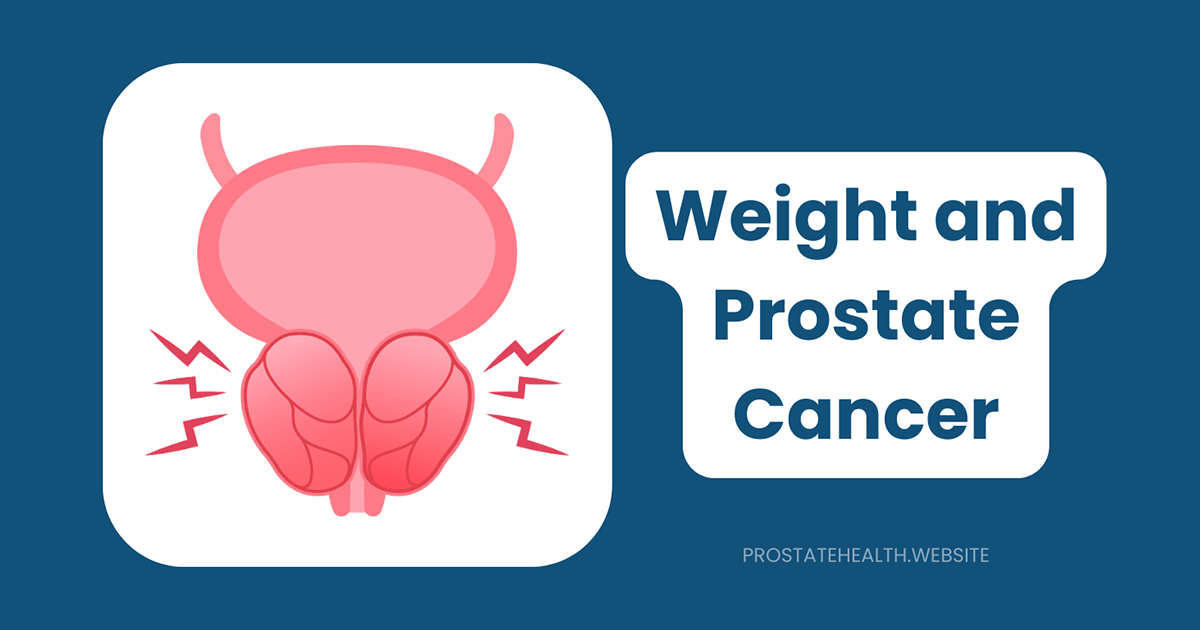
The relationship between obesity and prostate health is complex and sometimes counterintuitive. While excess weight is a well-established risk factor for many cancers, its connection to prostate cancer presents a nuanced picture that researchers are still working to fully understand.
With obesity rates continuing to rise globally, understanding how carrying excess weight affects prostate health has never been more important. In this comprehensive guide, we’ll explore the latest research on how obesity impacts prostate health and cancer risk, helping you make informed decisions about your health.
The Obesity Paradox in Prostate Cancer
One of the most intriguing aspects of the obesity-prostate cancer relationship is what researchers call the “obesity paradox.” This refers to the seemingly contradictory findings regarding obesity and prostate cancer risk:
- Overall incidence: Some studies suggest that men with obesity may actually have a slightly lower risk of being diagnosed with prostate cancer overall.
- Aggressive disease: However, men with obesity appear to have a higher risk of developing aggressive, high-grade prostate cancer that is more likely to spread.
- Mortality: Most importantly, obesity is consistently associated with higher prostate cancer mortality rates—men with obesity who develop prostate cancer are more likely to die from the disease.
Dr. James Wilson, oncologist at University Medical Center, explains: “This paradox has confused both patients and doctors. The key is understanding that obesity may have different effects on different types of prostate cancer. While it might slightly reduce the risk of less dangerous forms of the disease, it increases the risk of the aggressive forms that actually threaten lives.”
The Latest Research: What We Know in 2025
Recent studies have provided clearer insights into the relationship between obesity and prostate health:
UK Biobank Study (2025)
A large-scale study published in Nature Scientific Reports in 2025 analyzed data from over 242,000 men followed for 12 years. The researchers found:
- Obesity increased the risk of prostate cancer by 24% (incidence rate ratio: 1.24)
- Hypertension, often associated with obesity, increased risk by 22%
- The relationship between metabolic syndrome (a cluster of conditions including obesity) and prostate cancer was non-linear, with risk increasing with 1-3 components but decreasing with 4-5 components
University of Kansas Cancer Center Research (2025)
Researchers at the University of Kansas Cancer Center have highlighted that:
- Obesity is now linked to 13 different cancer types and contributes to 40% of all cancer cases diagnosed in the United States in 2025
- Obesity is projected to overtake smoking as the leading cause of cancer
- Obesity not only increases cancer risk but also lowers survival rates and can reduce the effectiveness of cancer treatments
American Cancer Society Findings
The American Cancer Society’s latest guidance notes that:
- Men with obesity may have a lower risk of low-grade prostate cancer
- However, they have a higher risk of aggressive prostate cancer
- Men with obesity are at higher risk for having more advanced prostate cancer at diagnosis
- They also face an increased risk of dying from prostate cancer
How Obesity Affects Prostate Health: The Biological Mechanisms
Several biological mechanisms help explain how obesity impacts prostate health and cancer development:
Hormonal Imbalances
Obesity significantly alters the body’s hormonal environment in ways that can affect prostate health:
Testosterone and Estrogen
- Reduced testosterone: Men with obesity typically have lower testosterone levels, which might explain the lower overall risk of prostate cancer.
- Increased estrogen: Fat tissue converts testosterone to estrogen, leading to higher estrogen levels in men with obesity.
- Altered ratio: The changed testosterone-to-estrogen ratio may influence prostate cancer development and progression.
Dr. Sarah Williams, endocrinologist specializing in men’s health, notes: “The hormonal environment created by obesity is complex. While lower testosterone might seem protective, the overall hormonal imbalance appears to create conditions that favor the development of more aggressive prostate cancers.”
Insulin and IGF-1
Obesity often leads to insulin resistance and higher levels of insulin and insulin-like growth factor-1 (IGF-1) in the bloodstream:
- Insulin and IGF-1 act as growth factors that can stimulate prostate cancer cell proliferation
- Higher insulin levels are associated with increased risk of advanced prostate cancer
- Insulin resistance may promote more aggressive tumor behavior
Chronic Inflammation
Excess fat tissue, particularly around the abdomen, creates a state of chronic low-grade inflammation throughout the body:
- Inflammatory cytokines released by fat cells can damage DNA and promote cancer development
- Chronic inflammation may create an environment that favors more aggressive prostate cancer
- Inflammatory processes can accelerate cancer progression and metastasis
Adipokines: Signaling Molecules from Fat Tissue
Fat cells produce signaling molecules called adipokines that can influence cancer development:
- Leptin: Levels increase with obesity and may promote prostate cancer cell growth
- Adiponectin: Levels decrease with obesity, removing a potential protective effect against cancer
- Other adipokines: Various other fat-derived molecules may influence prostate cancer behavior
Altered Metabolism
Obesity changes how the body processes nutrients and energy in ways that may favor cancer growth:
- Cancer cells often rely on glucose metabolism (the Warburg effect), which may be enhanced in obesity
- Altered lipid metabolism in obesity may provide cancer cells with building blocks for growth
- Metabolic changes can create an environment that supports more aggressive cancer behavior
Obesity and Prostate Cancer Detection: The Diagnostic Challenges
Beyond biological effects on cancer development, obesity creates practical challenges for prostate cancer detection:
PSA Testing Complications
Prostate-specific antigen (PSA) blood testing—the primary screening tool for prostate cancer—can be affected by obesity:
- Men with obesity tend to have lower PSA levels for a given prostate cancer volume
- This “PSA hemodilution” occurs because men with obesity have larger blood volumes that dilute PSA concentration
- Lower PSA levels may lead to missed or delayed diagnoses
Digital Rectal Examination Difficulties
The digital rectal examination (DRE), another important screening tool, can be more challenging to perform effectively in men with obesity:
- Excess tissue can make it harder for physicians to properly examine the prostate
- Anatomical challenges may result in less accurate assessments
- Some abnormalities may be missed due to examination difficulties
Imaging Limitations
Advanced imaging techniques used to diagnose and stage prostate cancer may be less effective in men with obesity:
- Image quality can be reduced in patients with higher BMI
- Some imaging equipment has weight limitations
- Contrast and resolution may be compromised
Dr. Robert Chen, urologist, explains: “These diagnostic challenges create a perfect storm. Men with obesity may have more aggressive cancers that are simultaneously harder to detect early. This likely contributes to the higher mortality rates we see.”
Obesity and Prostate Cancer Treatment: Impact on Outcomes
For men who develop prostate cancer, obesity can significantly affect treatment outcomes:
Surgical Challenges
Radical prostatectomy (surgical removal of the prostate) can be more complicated in men with obesity:
- Technical difficulties may lead to less complete cancer removal
- Higher rates of positive surgical margins (cancer cells at the edge of the removed tissue)
- Increased risk of complications such as bleeding, infection, and incontinence
- Longer recovery times
Radiation Therapy Considerations
Radiation treatment may also be affected by obesity:
- Challenges in positioning and maintaining position during treatment
- Potential underdosing of radiation to the target area
- Increased risk of radiation-related side effects
- Technical limitations with some radiation equipment
Hormone Therapy Complications
Androgen deprivation therapy (ADT), a common treatment for advanced prostate cancer, can worsen metabolic health:
- ADT often causes weight gain and increased fat mass
- Can lead to or worsen insulin resistance
- May create a vicious cycle where obesity and treatment side effects compound each other
Recovery and Survivorship
Obesity affects long-term recovery and survivorship after prostate cancer treatment:
- Higher rates of urinary incontinence
- Increased erectile dysfunction
- Greater fatigue and reduced physical function
- Poorer overall quality of life
Weight Management: A Prostate Health Strategy
Given the connections between obesity and prostate health, weight management represents an important strategy for reducing risk and improving outcomes:
Weight Loss Benefits for Prostate Health
Research suggests several potential benefits of weight loss for prostate health:
- May reduce risk of developing aggressive prostate cancer
- Could improve detection through better PSA accuracy and easier physical examination
- Might enhance treatment effectiveness and reduce complications
- May improve survival for those diagnosed with prostate cancer
A 2025 report from the National Cancer Institute indicates that sustained weight loss can lower the risk of developing prostate cancer and improve prognosis in individuals who have been diagnosed with cancer.
Effective Weight Management Approaches
Several approaches to weight management show promise for men concerned about prostate health:
Dietary Strategies
- Mediterranean diet: Rich in fruits, vegetables, whole grains, fish, and olive oil; associated with reduced inflammation and better prostate health
- Reduced calorie intake: Creating a moderate calorie deficit through portion control and food choices
- Limited processed foods: Reducing intake of highly processed foods, refined carbohydrates, and added sugars
- Adequate protein: Maintaining muscle mass during weight loss through sufficient protein intake
Physical Activity
Regular exercise provides multiple benefits:
- Helps create calorie deficit for weight loss
- Reduces inflammation throughout the body
- Improves insulin sensitivity
- Maintains muscle mass during weight loss
- May directly reduce prostate cancer risk independent of weight loss
Dr. Michael Chen, exercise physiologist, notes: “The University of Kansas Cancer Center’s 2025 research emphasizes physical activity as crucial in combating obesity and reducing cancer risk. Even modest increases in activity can have significant benefits for prostate health.”
Medical Interventions
For some men with significant obesity, medical interventions may be appropriate:
- Weight loss medications: Newer medications like GLP-1 receptor agonists show promise for significant weight loss
- Bariatric surgery: Associated with reduced risks of several cancers, including prostate cancer
- Medically supervised programs: Provide structure, accountability, and monitoring
Special Considerations for Men with Prostate Cancer
For men already diagnosed with prostate cancer, weight management takes on additional importance:
During Active Surveillance
Men with low-risk prostate cancer who are monitoring their disease through active surveillance may benefit from weight management:
- May reduce risk of progression to more aggressive disease
- Could improve quality of life and overall health
- Might make continued surveillance more effective through better diagnostic accuracy
During and After Treatment
Weight management during and after prostate cancer treatment is also important:
- May reduce treatment side effects
- Could improve recovery and functional outcomes
- Might reduce risk of recurrence
- May improve overall survival
Practical Approaches
Practical weight management strategies for men with prostate cancer include:
- Working with a registered dietitian familiar with cancer nutrition
- Gradually increasing physical activity as tolerated and approved by healthcare providers
- Addressing emotional and stress-related eating
- Setting realistic goals and celebrating progress
- Involving partners and family members in healthy lifestyle changes
The Future of Obesity and Prostate Health Research
Research into the relationship between obesity and prostate health continues to evolve:
Emerging Areas of Investigation
Several promising research directions may provide new insights:
- Genetic factors: How genetics may influence the relationship between obesity and prostate cancer
- Microbiome research: How gut bacteria may mediate the effects of obesity on prostate health
- Precision medicine approaches: Tailoring prevention and treatment strategies based on individual risk profiles
- Novel biomarkers: Developing better ways to assess prostate cancer risk in men with obesity
- Targeted interventions: Determining which weight management approaches are most effective for prostate health
Clinical Implications
As research advances, clinical approaches are likely to evolve:
- More personalized screening recommendations based on BMI and other metabolic factors
- Tailored treatment approaches for men with obesity who develop prostate cancer
- Integration of weight management into standard prostate cancer care
- Development of prostate-specific weight management programs
Taking Action: Practical Steps for Men
If you’re concerned about how your weight might affect your prostate health, consider these practical steps:
Know Your Numbers
Understanding your current status is the first step:
- BMI (Body Mass Index): While imperfect, provides a starting point for assessing weight status
- Waist circumference: Abdominal obesity (over 40 inches/102 cm) is particularly concerning for prostate health
- Metabolic markers: Blood pressure, blood sugar, and cholesterol levels provide insight into metabolic health
Talk to Your Healthcare Provider
Have an open conversation with your healthcare provider about:
- Your personal risk for prostate cancer based on age, family history, and other factors
- How your weight might influence that risk
- Appropriate screening based on your risk profile
- Personalized weight management strategies if needed
Focus on Health, Not Just Weight
Remember that overall health matters more than any specific number on the scale:
- Prioritize sustainable lifestyle changes over rapid weight loss
- Focus on improving metabolic health through diet and exercise
- Celebrate improvements in energy, fitness, and well-being
- Recognize that even modest weight loss (5-10% of body weight) can provide health benefits
The Bottom Line: A Balanced Perspective
The relationship between obesity and prostate health is complex, but several key points emerge from the latest research:
- Obesity may slightly reduce the risk of low-grade, less dangerous prostate cancer
- However, it increases the risk of aggressive, life-threatening prostate cancer
- Men with obesity who develop prostate cancer face higher mortality rates
- Obesity creates diagnostic challenges that may delay detection
- Excess weight can complicate treatment and worsen outcomes
- Weight management represents an important strategy for prostate health
Dr. Wilson emphasizes: “While we can’t control all prostate cancer risk factors like age, family history, or race, maintaining a healthy weight is something many men can work toward. It’s not just about prostate health—it’s about overall well-being and quality of life.”
By understanding the connections between obesity and prostate health and taking proactive steps to maintain a healthy weight, men can potentially reduce their risk of aggressive prostate cancer and improve outcomes if they do develop the disease.
Resources for Further Information
- American Cancer Society
- Prostate Cancer Foundation
- Obesity Society
- National Institute of Diabetes and Digestive and Kidney Diseases

